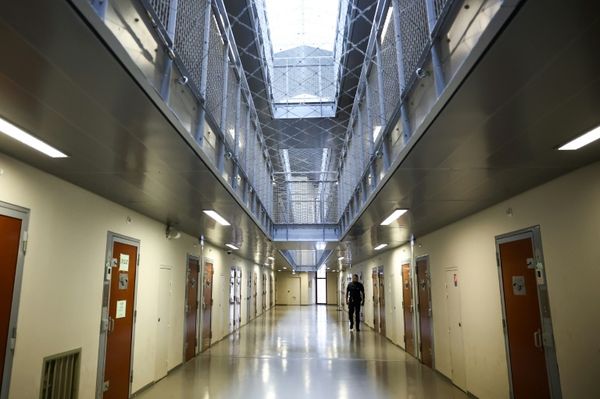
In a devastating turn of events, a deadly attack occurred in Iran during a memorial service commemorating the fourth anniversary of the US strike that killed Qasem Soleimani. The attack, which has now been claimed by ISIS, resulted in the loss of at least 84 lives and left nearly 300 wounded. The bombings bore all the hallmarks of ISIS, according to US officials, and the discrepancy in details provided by the Iranian authorities and ISIS seems to support this theory.
While Iran initially blamed Israel for the attack and vowed a swift and forceful response, the claim by ISIS could potentially impact the rising tensions between the two nations. ISIS has historically targeted civilians and specifically aimed to undermine Iran's influence in the region, with Qasem Soleimani being perceived as a significant figure attempting to combat the Islamic State.
Despite the claim by ISIS, Iranian leaders have insisted that Israel was behind the attack, a notion which has been widely discredited. Nonetheless, this revelation should contribute to a possible de-escalation of tensions. Military experts, including a former head of military intelligence at the IDF, believe that Iran is unlikely to launch a massive retaliation. Israel, on the other hand, has been described as taking the gloves off in response to the provocation, which underscores their calculated approach and perceived safety margin.
Concerns have arisen regarding the potential spread of the conflict, particularly along the northern border with Lebanon. The attack by ISIS in Tehran further compounds the already elevated tensions. There remains a risk of misinterpretation and miscalculations by either party, which could exacerbate the situation. Israeli authorities have expressed their worries and stressed the need for a swift diplomatic resolution along the northern border, citing its impact on the country's economy and the displacement of thousands of individuals.
Efforts are underway to address the escalating tensions, as President Biden's envoy has been engaging with Israeli officials. Time is of the essence, as the situation on the northern border continues to unfold and the urgency for a peaceful resolution grows. The international community will be closely monitoring developments in the region, hoping for a de-escalation of tensions and a swift resolution to prevent further loss of life and displacement.







